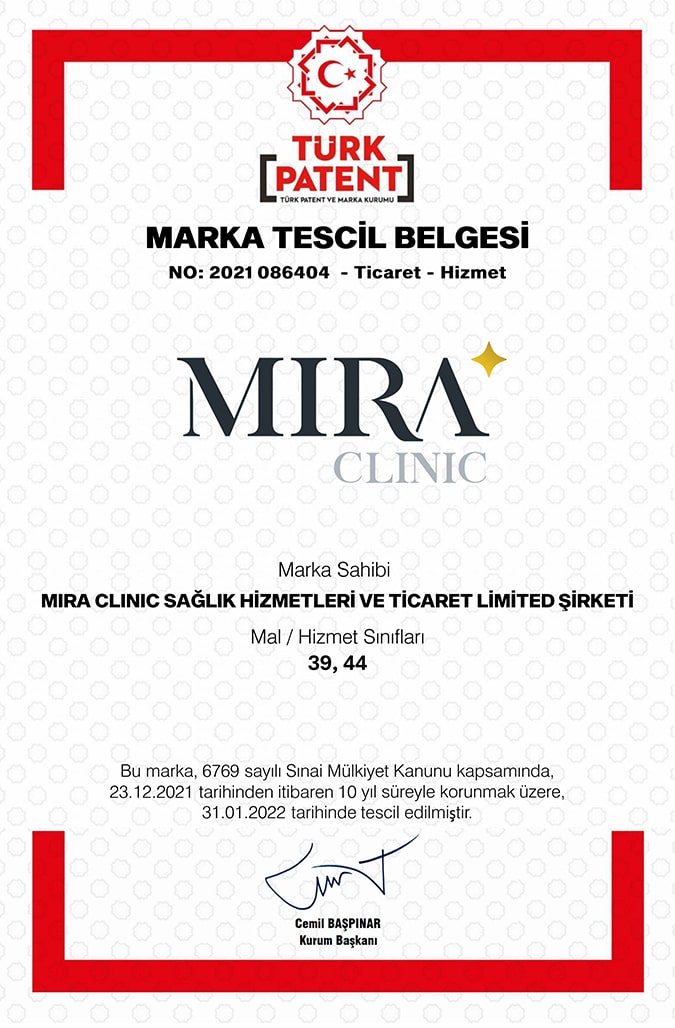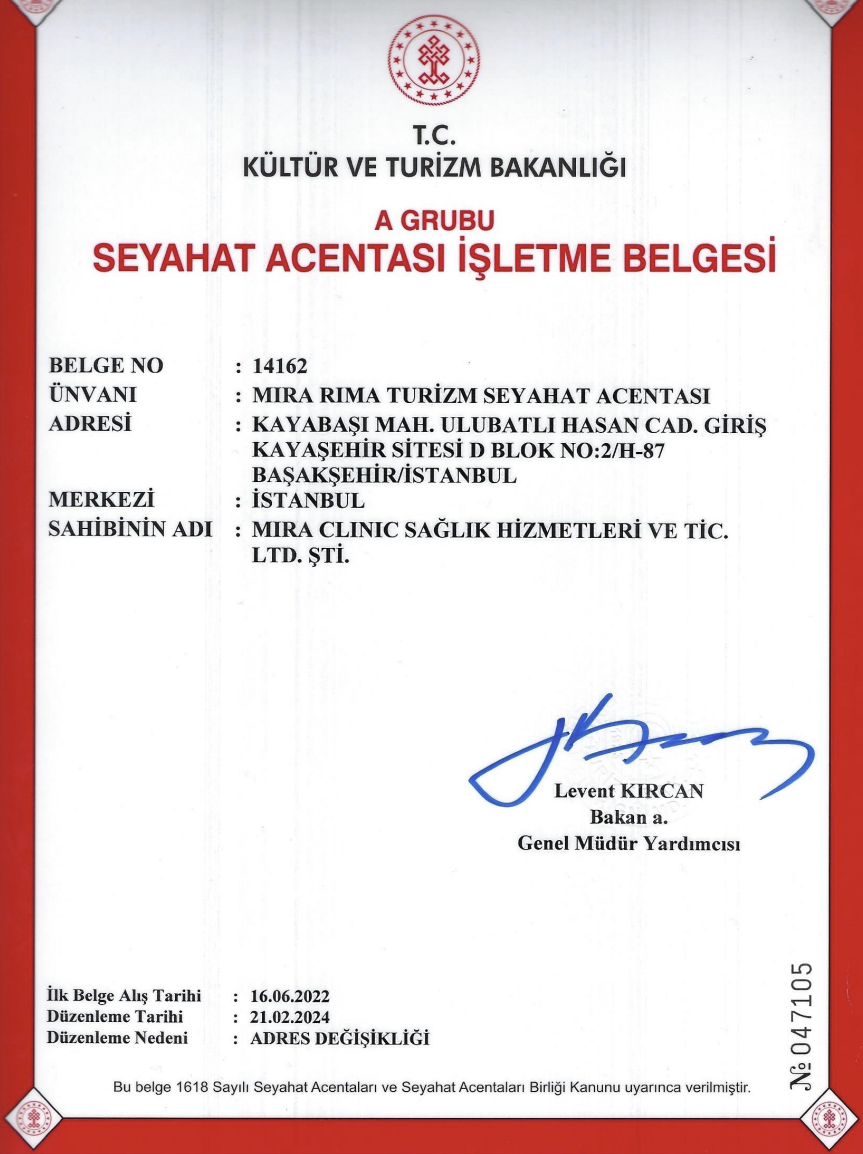Sleeve gastrectomy vs gastric bypass. Obesity is a major health concern that affects millions of people around the world. Weight loss surgery, also known as bariatric surgery, is a common solution for those who have struggled with weight loss through traditional methods like diet and exercise. Sleeve gastrectomy and gastric bypass are two of the most popular weight loss surgery options, and each comes with its own set of pros and cons. In this article, we'll compare sleeve gastrectomy vs gastric bypass and explore their long-term effects, safety, recovery time, and success rates.
Table of contents
Gastric Sleeve vs Gastric Bypass Pros and Cons
Both sleeve gastrectomy and gastric bypass have their own set of advantages and disadvantages. Sleeve gastrectomy involves the removal of a portion of the stomach, which reduces its size and limits the amount of food that can be consumed. Gastric bypass involves creating a small pouch at the top of the stomach and rerouting the small intestine to this pouch, reducing the amount of calories and nutrients that can be absorbed by the body.
One of the major advantages of sleeve gastrectomy is that it's a less invasive procedure compared to gastric bypass. This means it has a lower risk of complications such as infections and bleeding. Sleeve gastrectomy also doesn't involve rerouting the small intestine, so there's less risk of nutritional deficiencies.
On the other hand, gastric bypass is generally considered to be more effective at producing weight loss in the long term. It also has a higher success rate in treating conditions such as type 2 diabetes and high blood pressure. Gastric bypass also reduces the hunger hormone ghrelin, which can make it easier for patients to stick to a healthy diet and lifestyle after surgery.

Related articles:
Gastric Sleeve vs Gastric Bypass Long-Term
The long-term effects of sleeve gastrectomy and gastric bypass can vary depending on individual factors such as age, gender, and overall health. However, studies have shown that both procedures can result in significant and sustained weight loss over time.
A study published in JAMA Surgery found that patients who underwent sleeve gastrectomy lost an average of 57% of their excess weight five years after surgery. Meanwhile, a study published in Obesity Surgery found that patients who underwent gastric bypass lost an average of 65% of their excess weight five years after surgery.
Both procedures have also been shown to improve or resolve weight-related health conditions such as type 2 diabetes, high blood pressure, and sleep apnea. A study published in the New England Journal of Medicine found that gastric bypass was more effective than sleeve gastrectomy at treating type 2 diabetes in obese patients.
Is the Sleeve Safer Than Gastric Bypass?
When it comes to safety, sleeve gastrectomy is generally considered to be a safer procedure than gastric bypass. Sleeve gastrectomy is a simpler surgery that doesn't involve rerouting the small intestine, which can reduce the risk of complications such as intestinal obstruction and malnutrition.
However, it's important to note that all weight loss surgeries carry some degree of risk, and patients should carefully weigh the potential risks and benefits before deciding on a procedure. It's also important to choose an experienced and qualified surgeon who can minimize the risk of complications and ensure a safe and successful surgery.
What is the Least Aggressive Weight Loss Surgery?
Sleeve gastrectomy is generally considered to be the least aggressive weight loss surgery option. It's a simpler procedure that involves removing a portion of the stomach, which reduces its size and limits the amount of food that can be consumed. Sleeve gastrectomy also doesn't involve rerouting the small intestine, which can reduce the risk of complications and nutritional deficiencies.
Which Weight Loss Surgery Has the Least Recovery Time?
In general, sleeve gastrectomy has a shorter recovery time than gastric bypass. Sleeve gastrectomy is a less invasive surgery, and patients can often return to work and normal activities within two to four weeks. Gastric bypass, on the other hand, involves rerouting the small intestine, which can take longer to recover from. Patients may need to stay in the hospital for a few days after surgery and may require several weeks of rest and recovery before returning to normal activities.

Which Weight Loss Surgery Has the Highest Success Rate?
When it comes to success rates, gastric bypass is generally considered to be the most effective weight loss surgery option. A study published in JAMA Surgery found that patients who underwent gastric bypass had a higher rate of sustained weight loss and were more likely to maintain their weight loss over time compared to patients who underwent sleeve gastrectomy.
However, it's important to note that success rates can vary depending on individual factors such as age, gender, and overall health. Patients should carefully weigh the potential risks and benefits of each procedure and choose the option that is best suited to their individual needs and goals.
In conclusion, sleeve gastrectomy and gastric bypass are two popular weight loss surgery options that each have their own set of pros and cons. Sleeve gastrectomy is a less invasive procedure with a shorter recovery time and lower risk of complications, while gastric bypass is generally more effective at producing sustained weight loss and treating weight-related health conditions.
Resources:
- Health Care Use and Adverse Events After Sleeve Gastrectomy and Gastric Bypass Among Adolescents With Severe Obesity Insured by Medicaid
- https://jamanetwork.com/journals/jama/fullarticle/2798416
- Bariatric Surgery versus Intensive Medical Therapy for Diabetes — 5-Year Outcomes
- https://pubmed.ncbi.nlm.nih.gov/28199805/
- How Do Gastric Sleeve and Gastric Bypass Surgeries Compare?
- https://www.healthline.com/health/gastric-sleeve-vs-gastric-bypass#pros-and-cons
















